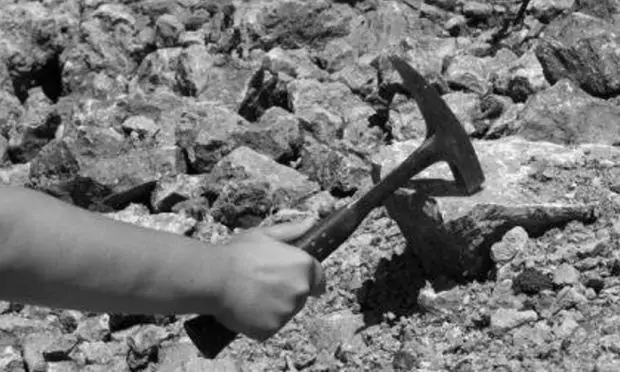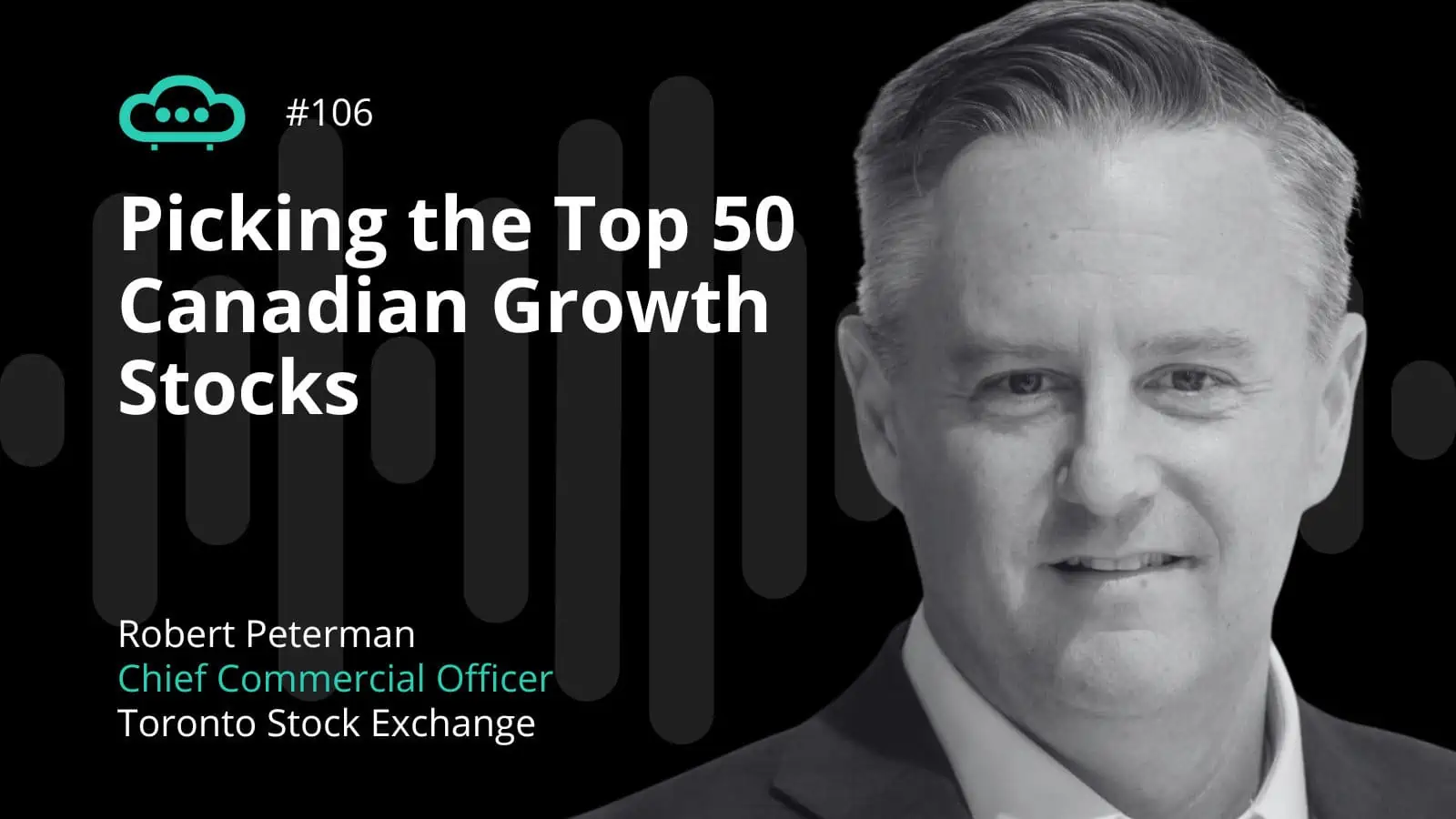As we prepare to take down the Christmas decorations, the grim reality of 2023 starts to kick in. With the Christmas tree packed away for another year – or chucked into the street – the country is left with the second half of a Winter of Discontent, the prospect of recession, strikes, an ongoing energy crisis; all without December’s pretty lights and frisson of excitement.
The Armchair Trader warned yesterday that 2023 would require more agility from investors but for the canny, there will be great investment opportunities, stocks like Novacyt [LON:NCYT], which we recently highlighted, could be one such stock-pick.
One share that should weather the coming storm is high-street stalwart, Greggs [LON:GRG]. Amid all this doom and gloom, people will always find time for a cheeky sausage roll and can comfort themselves with a Chelsea Bun, or cheap frothy coffee. We tipped Greggs back in July as a foul-weather friend, as its basic, low-price, convenient no-frills model falls into the ‘needs’ category of life, as opposed to the ‘wants’ – a fact that we explored in our latest podcast.
Uncomplicated
The business is uncomplicated, and has been doing more-or-less the same thing since its foundation in 1939 in Gosport, Northumberland. Starting up as a family concern, Greggs expanded nationally post-World War Two, buying other bakeries in Leeds, Manchester, Glasgow, Kent and East Anglia.
- Cybersecurity stock joins our long term bets for an uncertain age
- McBride looks set to clean up for shareholders
- Bank of Georgia shares up 206% since since we started coverage
The business continued its expansion, all the while perfecting its sausage roll recipe, and listed in 1984, using the proceeds to acquire further bakery chains and invest in high street properties. The company now has over 2,300 outlets nationally. Nevertheless, Greggs hit a crisis in 2020, when the Coronavirus pandemic forced the bakery chain to close down its stores and furlough its staff. But the company initiated protocols across its premises nationally and was only shuttered between March and June 2020. Nonetheless, Greggs did make 820 staff redundant that November as a direct result of loss-of-business due to the Covid-19 pandemic.
Greggs has successfully adapted its business model to suit the times – something that many high street bakeries did not, or could not do, resulting in smaller bakeries across the UK closing for business following the Covid-19 pandemic. Greggs’ production is centralised, its products are mass-produced (in the case of its sausage rolls and bakes, flash-frozen), then shipped out and finished nationally in store. Greggs has jumped on the vegan-bandwagon; offering no-meat options in its product range, as well as competing with the eponymous coffee shop, buy offering a range of hot drinks. Greggs will now deliver to your door, and you can order your baked goods through a branded app; meaning that you don’t have to expend any of the 329 calories you’ll derive from a sausage roll actually going out and getting one.
Greggs sustainability model
The sustainability of Greggs model – and its innovations – were highlighted in a 4Q22 trading update published by the company this morning (5th January).
Roisin Currie, chief executive said in the statement: “I am proud of the progress Greggs made during 2022 in challenging conditions. Our teams did a magnificent job serving customers and managing the growing demand for Greggs products as we expand our shop estate and offer greater availability through digital channels and longer trading hours, whilst continuing to extend our menu to offer more choice.”
The company reported total sales for FY22 up 23% to GBP1.5bn from GBP1.2bn in 2021, with like-for-like sales for 4Q22 up 18.2% despite inclement weather and the onset of recession. The company opened up 186 new stores in 2022, and closed 39 outlets and is anticipating trading will be in line with expectations.
Sales were buoyed, said the statement, by strong 4Q22 sales for mince pies, festive drinks, and vegan bakes. The company ended the year with GBP191m in the bank and plans to open a further 150 stores in 2023.
Inflation concerns
Currie did highlight that material cost inflation was starting to become a factor; however, she believed that the value proposition of Greggs would help it to maintain strong revenues and growth.
The FTSE-250 company opened trading today at 2,472p and had risen 0.75% within the first two hours of trading. The company has offered a -26.4% one-year return, with its shares ranging between 3,416p and 1,650p over a 52-week period.
The company has a market capitalisation of GBP2.5bn.
Greggs is a classic defensive stock. It had a hard time when it had to shutter during the Covid-19 pandemic, and is still vulnerable to regulatory changes, such as the possible imposition of government-led obesity charges. That said, in terms of wants versus needs the public are likely to prioritise a cheap coffee, sticky bun or sausage roll over other expenditures in the coming year.












